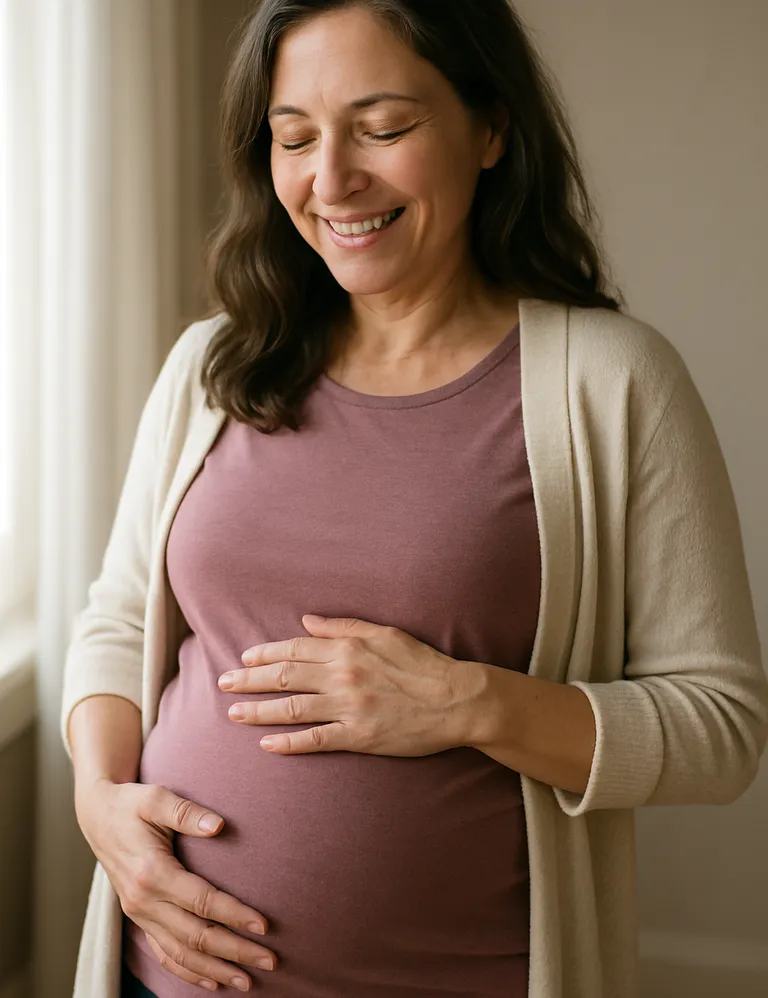A Scientific Breakthrough in Fertility Research
For decades, the phrase “biological clock” has been linked to women’s fertility — but new research is turning that belief upside down.
A recent study has revealed that women’s eggs may retain their quality longer than previously thought, while men’s sperm may actually face a more significant biological decline with age.
What the Study Found
Researchers from leading fertility institutes have analyzed genetic and cellular data from thousands of reproductive samples.
Their findings challenge long-held assumptions about reproductive aging:
- Women’s eggs (oocytes) maintain structural quality and genetic integrity much longer than once believed.
- Sperm cells, on the other hand, show greater age-related damage — including DNA fragmentation and reduced motility.
This suggests that the concept of a “ticking clock” may not apply as rigidly to women as science once thought.
Understanding the Female Biological Clock
Traditionally, fertility experts believed that a woman’s eggs rapidly decline in number and quality after age 35.
While the number of eggs still decreases over time, this new study suggests egg quality itself remains stable until later in life — meaning older women may have better reproductive potential than previously assumed.
What Protects the Eggs?
- Mitochondrial resilience: Energy-producing structures in eggs are more stable than expected.
- Efficient DNA repair: Some women’s eggs continue repairing genetic damage effectively with age.
- Hormonal regulation: Estrogen may play a protective role in maintaining cellular health.
The Male Biological Clock
Men, often assumed to have “unlimited fertility,” may face their own biological limits.
The study highlights that:
- Sperm quality begins to decline after the age of 40.
- Aging sperm is linked to increased risks of genetic abnormalities and developmental issues in offspring.
- Hormonal and environmental factors (like stress, diet, and pollution) also accelerate sperm aging.
What This Means for Fertility
This new understanding could reshape how couples approach family planning and fertility treatments:
- Fertility counseling may now include considerations of paternal age, not just maternal age.
- Assisted reproduction (IVF and ICSI) may adapt protocols to address sperm quality more precisely.
- Public health awareness may begin shifting toward encouraging healthier reproductive habits for men as well as women.
How to Support Fertility Naturally
Whether male or female, lifestyle plays a vital role in maintaining reproductive health. Experts recommend:
- Balanced diet: Antioxidant-rich foods (berries, leafy greens, fish) protect DNA integrity.
- Regular exercise: Boosts circulation and hormonal balance.
- Avoid smoking and excessive alcohol: Both accelerate reproductive aging.
- Manage stress: Chronic stress impacts hormone regulation for both sexes.
The Takeaway
The “biological clock” is more complex than we thought — and perhaps more equal.
While women’s eggs may age gracefully, men’s sperm may need more care with time.
This discovery doesn’t erase fertility challenges, but it gives hope — and a new understanding — of how science continues to rewrite the story of reproduction.
By ✍️ Yorlinda Ramìrez- MicuPost Team
Sources:



